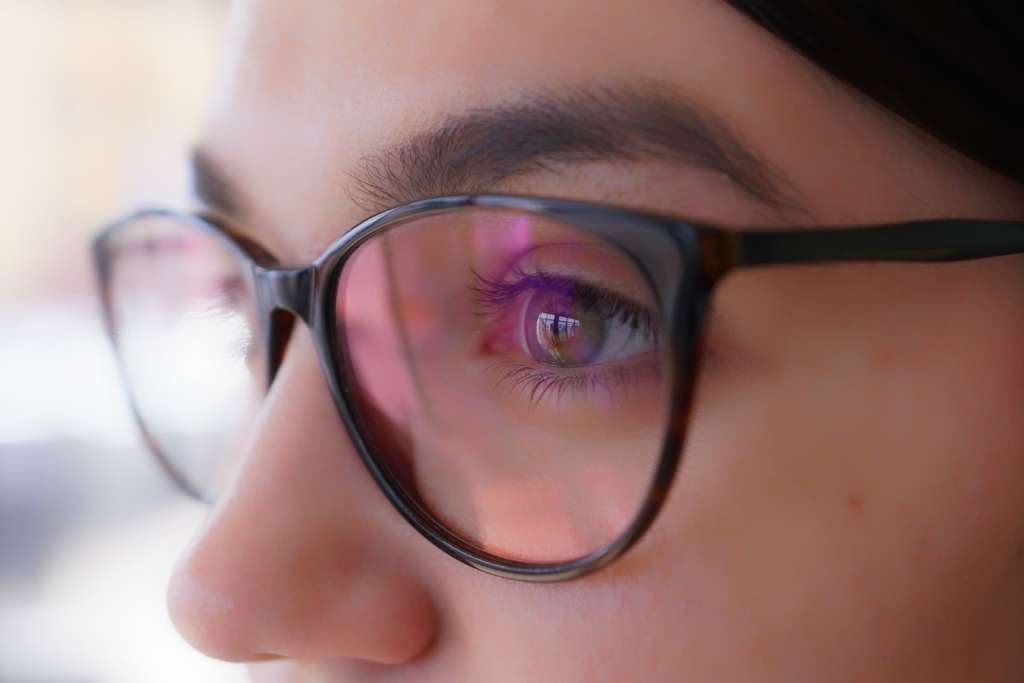

Elderly eye health – encouraging your parents to get their eyes checked
Just like physiotherapy and regular doctor appointments, elderly eye health is an important aspect to growing older. We know it can be difficult to encourage


Poor vision is a major problem that impacts the lives of many. It could be low vision, trouble focusing, loss of sight, or any other eye-related injuries or illnesses – but did you know, eyes problems can have an impact other parts of your body? Read on to learn some of the flow-on impacts of vision problems.
From slight discomfort, right through to painful migraines, your eyes might be the root cause of your headache. Monocular and borderline binocular vision, ocular migraines and eye strain are just some of the impacts of vision problems. That means vision problems can happen to anyone – yes, you may be more likely if you have existing troubles with migraines or your eyes, but a headache can just as easily hit someone who is simply taking in blue light from their digital screens. So, whether you have low-vision, or you think your eyesight is just fine, if you’re experiencing recurring headaches perhaps consider a check-up at the optometrist.
You may have heard the phrase “I’m a visual learner” before. And it’s certainly the case for a lot of people! Some experts even believe that 80 per cent of the information we take in as a child at school is visual. Clearly good eye health is important from the get-go! Sometimes misdiagnosed as a refusal to learn, or a disruptive attitude, classroom difficulties may stem from vision problems. Teachers and parents may wonder why their student is avoiding reading activities, or why they can’t hold their attention during visual activities. If someone you know is falling behind, ask yourself “when was the last time we had their vision tested?” – it may be as simple as booking an appointment and finding they need reading glasses. It’s impossible to study when we can’t clearly see the learning material!
Confusion and comprehension difficulties could also be a flow-on impact of a vision problem. If someone is forgetting words or phrases, or mixing up definitions, this could be a sign of eye issues. If your memory isn’t great, or you’re having trouble finding your place while reading, this could also be a signal. Again, this has to do with visual learning – if we can’t see properly, we’re less likely to completely understand it. Of course, there’s other medical conditions that could be causing these symptoms, but it might be worth checking in with your optometrist in any case.
Having low self-esteem or feeling down could be related to your vision. It’s another one of the flow-on impacts of vision problems that we often see in young patients, since they may feel like they’re being left behind at school. But it also takes its toll on the elderly too, as they may become frustrated with habits that once interested them (such as knitting, reading or gardening). If your mental state isn’t where it should be, consider your eyes when checking your overall health – it could be as easy as updating your eyeglasses prescription to something that works better for you right now.
Your body is made up of a lot of complex parts, and they often work together. So, when one part is acting up, (consider that) your symptoms may be the result of vision problems.
However, there’s a lot of noise out there when it comes to eye health. Check out our myths vs. facts blog before panicking about hearsay, and just ensure you have a regular check-up!


Just like physiotherapy and regular doctor appointments, elderly eye health is an important aspect to growing older. We know it can be difficult to encourage


Astigmatism is caused by the cornea or lens of the eye not being perfectly curved, resulting in blurred vision. How this affects you is varied


When you use your eyes to concentrate on something for a long period of time the common result is eye strain. Tired, sore, and itchy
Monday 9am–5:30pm
Tuesday 9am–5:30pm
Wednesday 9am–5:30pm
Thursday 9am–6:30pm
Friday 9am–5:30pm
Saturday Closed
Sunday Closed